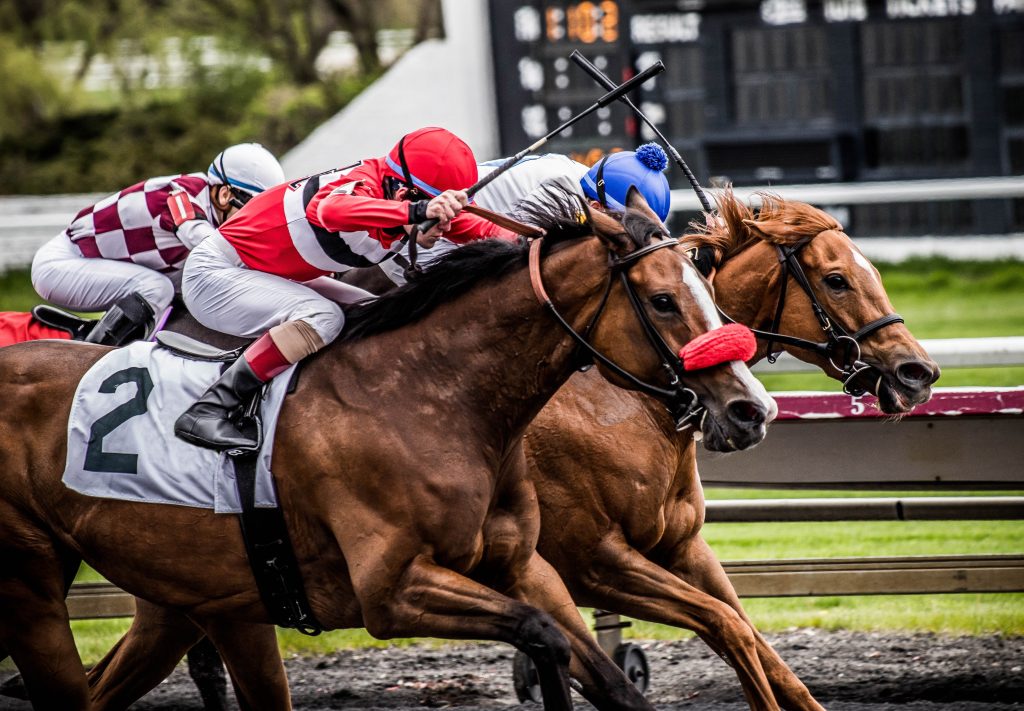
Horse betting without handicapping knowledge and skills can be risky. If you want significant winnings, then you’ll need to have a good grasp of how the race goes. And more so, you need to have a perfect idea of which horses, given the competition, are likely to be in the lead and which are likely to be coming from the back.
And as such, handicapping is the process of identifying which horse is most likely going to win. To identify a potential winning horse before you place your bet, you’ll have to approach it like the intellectual exercise that it is. Take the data you have and use it to stay ahead of others in your horse betting games.
To help you get started, here are some essential insights to know when approaching horse racing handicapping.
1. Pay Attention To The Horse’s Form
To be a good handicapper, you’ll need to improve your judgment of a horse’s form because almost everything depends on whether a horse is in shape or not. Start by eliminating the horses that aren’t fit, perhaps they have been on a long break from competitive racing without the proper maintenance, or they aren’t in the best shape to perform at their best potential on the day of the race.
Also, where a horse with a track record of doing very well in races shows signs of fatigue or other symptoms that might drag it down, you might need to eliminate it against its stellar past performances. The same also works vice versa. Some horses might have performed badly under relatively bad conditions such as having to race from too long a distance, rough terrain, or had to fight strong track biases. While these are still long shots, it may sometimes be worth a shot.
2. Assess The Horse’s Ability
Now that you’ve eliminated some of the horses based on whether they’re in form or not, it’s now time to assess their ability. Here, you’re looking at each horse’s potential ability. Perhaps you can ask, on their best day, how fast each horse can run? You can assess and arrive at an answer in various ways, and it doesn’t matter. What matters is that you remain consistent in the measure you use.
You’re trying to see two things: what the horse is generally capable of and what it is likely to do on the day of the race. If it doesn’t figure in the top three of all the competing horses on the day, you can also eliminate them from your choice.
3. Gauge The Race Conditions
Aside from the horse’s capabilities, what about the race conditions? Does the horse seem to be likely to do well in the given terrain?
Despite being in good form and having the ability to do well in the competition, a hope might simply be unable to move between dirt to turf or from sprints to routes that require more careful navigation. So, take that into consideration as well.
4. Check The Connections
By now, you’re probably left with the good horses. So, to further improve your odds of picking the winning horse among these good performers, you’re going to use additional criteria to help you narrow down your bet.
In this case, you’ll need to check the track record of the people who will be riding the horses. Sure, a good rider and trainer can’t make a bad horse win, but by now, you have mostly good horses, so you want to make sure that their overall performance isn’t sabotaged by the person making some decisions on its behalf.
5. Know The Horse’s Breed
Sometimes, with some horses, you don’t have that much track record of working with them. That’s where pedigree can come in handy. For example, what conditions were they bred to perform the best? After knowing this, you can now check if they’ll be running under those precise conditions on the day of the race.
Although, perhaps, the reason you might concern yourself with this criteria is if they have already passed all the other parameters and they are among the day’s favorites.
More so, if it’s a high-stakes bet, then you might need to pass the race if the horse hasn’t been tested enough. Even if the horse was bred to do well in the given conditions, it isn’t always a guarantee that it will perform well.
Final Words
Card with a race that looks like it has five ‘equally’ good horses, you should be able to take most of the guess out of the game. If you master all these things detailed in this article, you will very well be on your way to becoming a good handicapper and stand a better chance at most of your horse betting!



![Bing Crosby Stakes Odds, Entries and Free Picks [2025]](https://ultimatecapper.com/wp-content/uploads/2017/10/del-mar5-2.jpg)

![Jim Dandy Stakes Odds, Entries and Free Picks [2025]](https://ultimatecapper.com/wp-content/uploads/2017/07/saratoga-2.jpg)